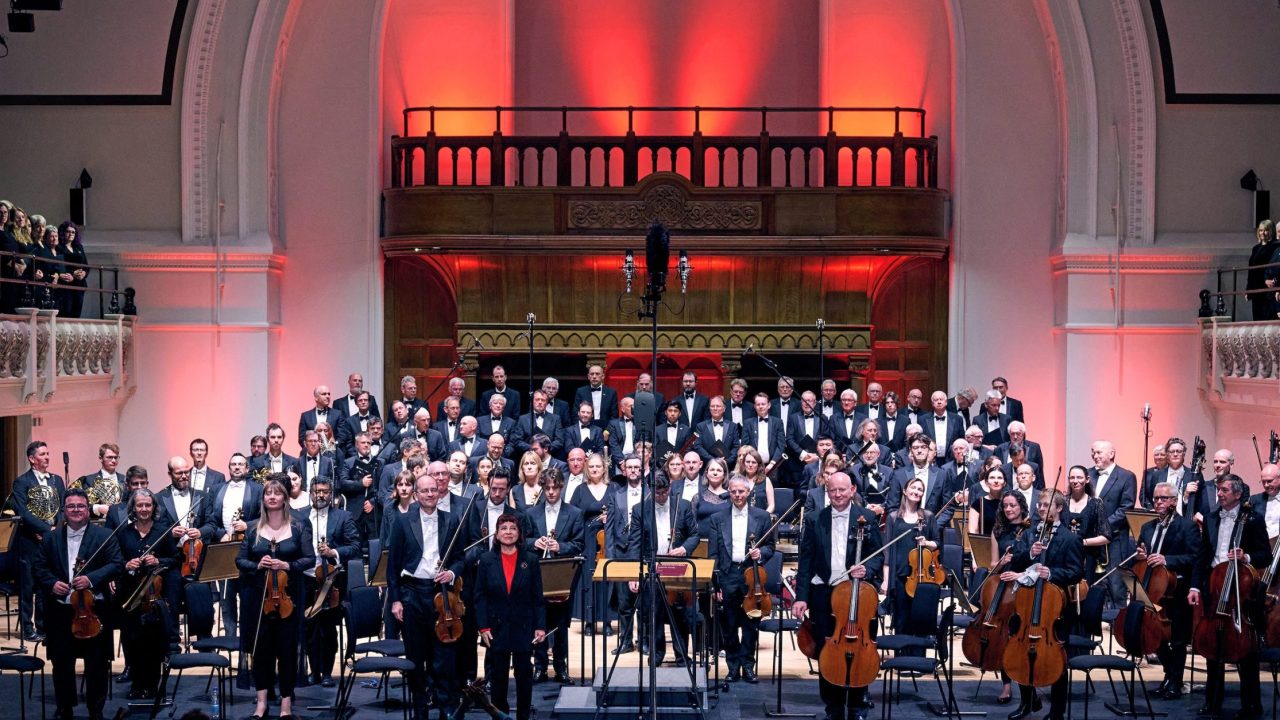In July of 1782, Leopold Mozart sent his son a letter asking him to write a new symphony for their friend Sigmund Haffner, a wealthy Salzburg merchant and burgomeister.
Some years earlier, Wolfgang had composed his Haffner Serenade for the wedding of Sigmund’s daughter. Now Haffner’s son, also named Sigmund, was to receive a title of nobility, and a new symphony was to be played at the celebration.
In a famous letter, Mozart replied to his father’s request: ‘Well I am up to my eyes in work, for by Sunday week I have to arrange my opera for wind instruments…And now you ask me to write a new symphony! How on earth can I do so?…Well, I must just spend the night over it, for that is the only way; and to you, dearest father, I sacrifice it. You may rely on having something from me by every post. I shall work as fast as possible and, as far as haste permits, I shall turn out good work.’
